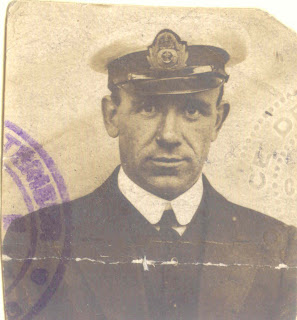We are all moaning at having to tighten our belts economically. For John, who is partially sighted and a wheel chair user, life’s preoccupations are additionally complicated and inconvenient.
John lives in District No1 St Helier and I met him out campaigning. He always votes he says – so no “Apathy” there.
Last night I knocked on a woman’s door to be told that she did not wish to be on the electoral role enabling her to vote, because she would be called for Jury Service. She had previously been called, once, and had found this inconvenient. I was a little short with the woman and before leaving I reminded her of her responsibilities as a citizen with its minor “inconveniences” of such things as Jury Service. I suspect were John called to do his duty as part of a Jury he would attend, in spite of the many inconveniences this would entail in respect of mobility and accessibility of the Royal Court.
Continuing my series of interviews with the extraordinary “ordinary” people of St Helier No1 District, I interview John and he gave me his views on subjects as diverse as empty buildings, Stuart Syvret and the late Senator J.J. Le Marquand, who once asked him to stand for election to the States. I am sure that readers of that generation will tell us if J.J. Le Marquand had a habit, like a certain current politician, of inviting anyone, regardless of their capability or political persuasion, to stand as a candidate. The honesty and integrity of John remain evident; a characteristics sorely lacking in some current States Members – oh dear, am I sounding cynical?
How is it that John with all his "inconveniences" continues to take an interest in the goverment of his island and vote, yet a perfectly able-bodied woman does not wish to even register to vote as it might cause her another type of "inconvenience"?
I thank John and offer his views to Jersey’s rulers who seem to live in a completely detached bubble.
Being partially sighted John has difficulty reading his emails. He currently has a zoom facility on his computer but finds this “inconvenient”. What he needs is a computer programme that will read his emails aloud. I understand there is a system called “Jaws” that is recommended for the blind. I have a blind friend in the UK that has another system called “Dophin” . In his opinion the system is inferior. I am assisting John with finding a suitable system and if readers can advise please get in touch.
John - Part I
John - Part II







